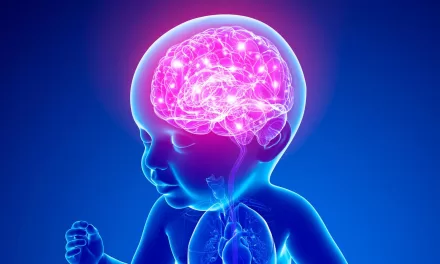Type 2 diabetes (T2D), a widespread chronic condition, affects millions globally and requires diligent management to prevent severe complications. However, a recent study conducted by researchers in Portugal sheds light on significant gaps in patients’ knowledge about the disease, potentially hindering effective self-management. Published in Frontiers in Public Health, the study underscores the urgent need to improve T2D education among patients.
Led by Prof Pedro Lopes Ferreira, director of the Center for Health Studies and Research at the University of Coimbra, the research aimed to assess the disease knowledge of both insulin-treated and non-insulin-treated T2D patients. The study involved 1,200 participants, including nearly 40 percent receiving insulin treatment.
The findings revealed a mixed bag of knowledge levels among participants. While many demonstrated understanding of nutrition, physical activity benefits, and blood sugar testing methods, crucial gaps were evident in other areas. For instance, only a small percentage correctly identified foods inappropriate for treating low blood sugar levels, and even fewer recognized symptoms of ketoacidosis, a severe T2D complication.
Prof Lopes Ferreira attributed the knowledge disparity partly to healthcare professionals’ practices and prioritization of information provided to patients. Moreover, the study highlighted the impact of medication use on disease knowledge, with insulin-treated patients showing slightly higher awareness levels.
Socioeconomic and demographic factors also played a role, with younger age, higher education, cohabitation, and adherence to specific diets positively influencing disease knowledge.
The researchers emphasized the importance of addressing these knowledge gaps to enhance disease management and prevent complications associated with T2D. They called for targeted educational interventions focusing on blood sugar monitoring and other critical aspects of T2D self-management.
Furthermore, the team suggested that larger studies could provide deeper insights into the socioeconomic and clinical determinants affecting disease knowledge. By empowering patients with comprehensive knowledge about their condition, healthcare professionals can facilitate more effective disease management strategies and improve overall patient outcomes.
In conclusion, the study underscores the critical need for tailored educational efforts to bridge the T2D knowledge gap among patients, ultimately empowering them to better manage their health and mitigate the risk of complications associated with the condition.










